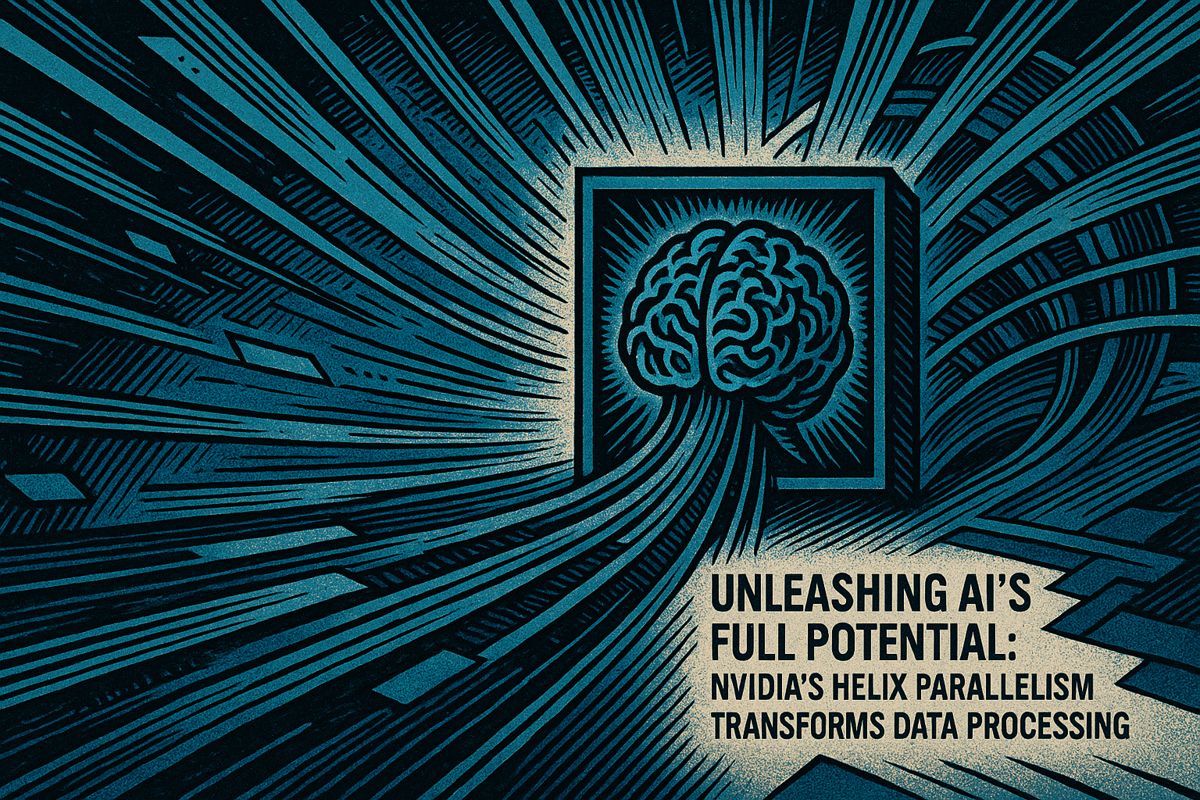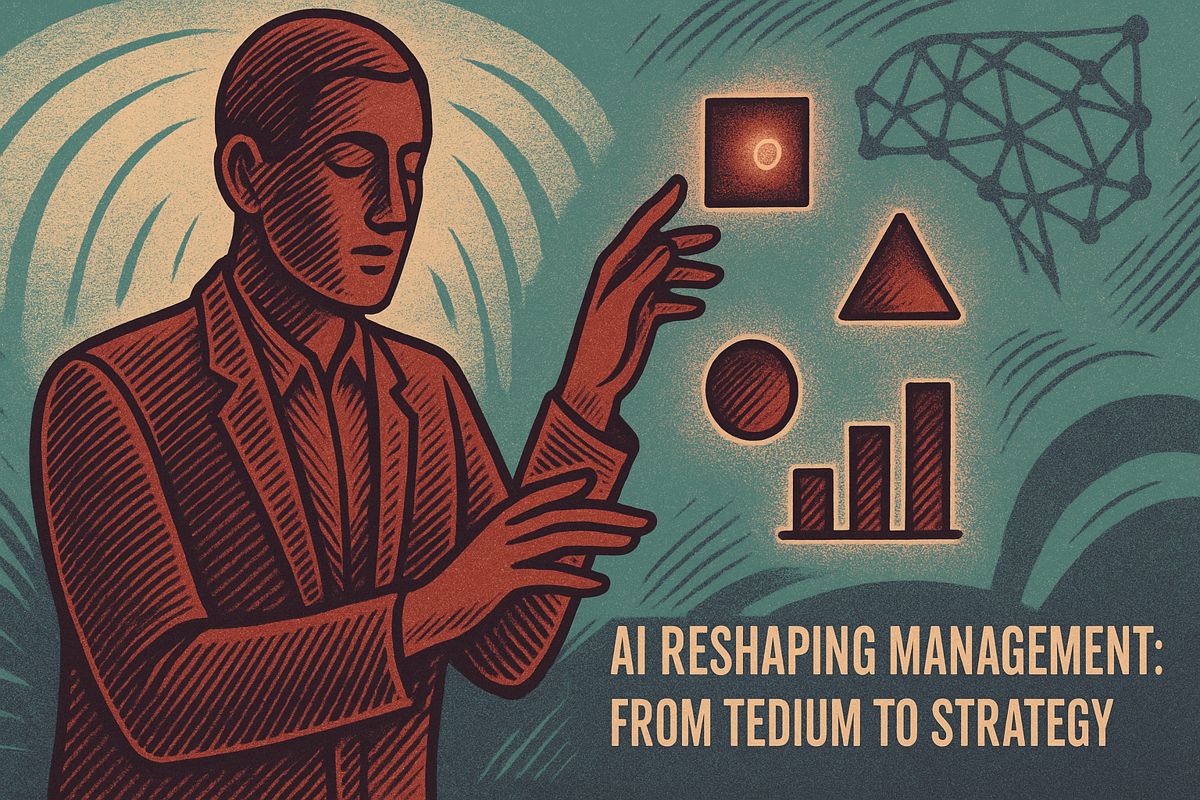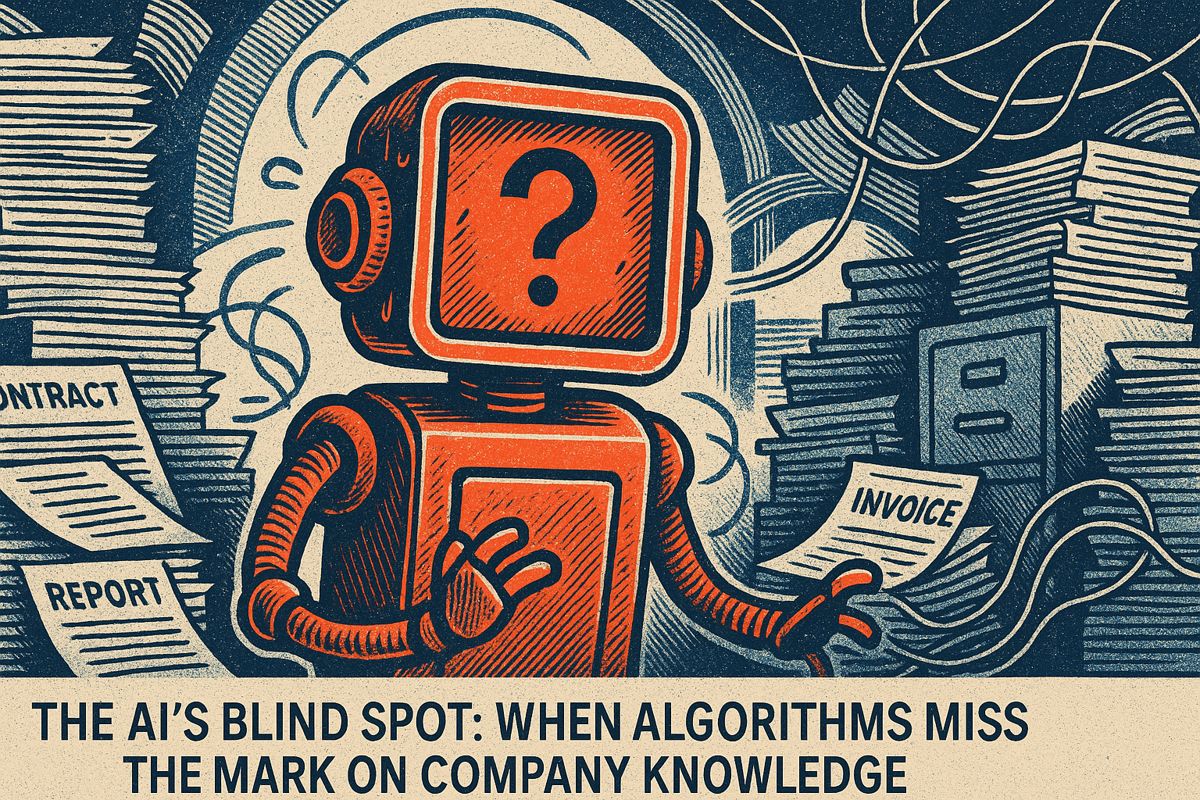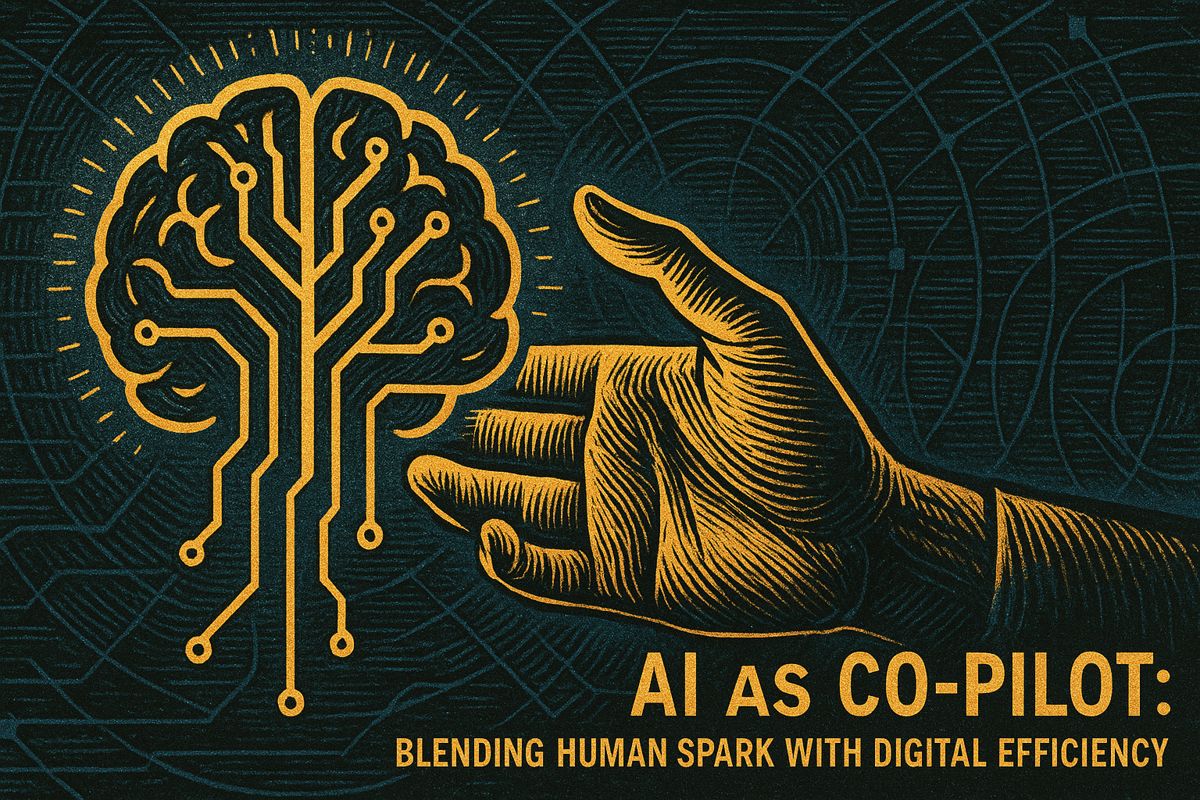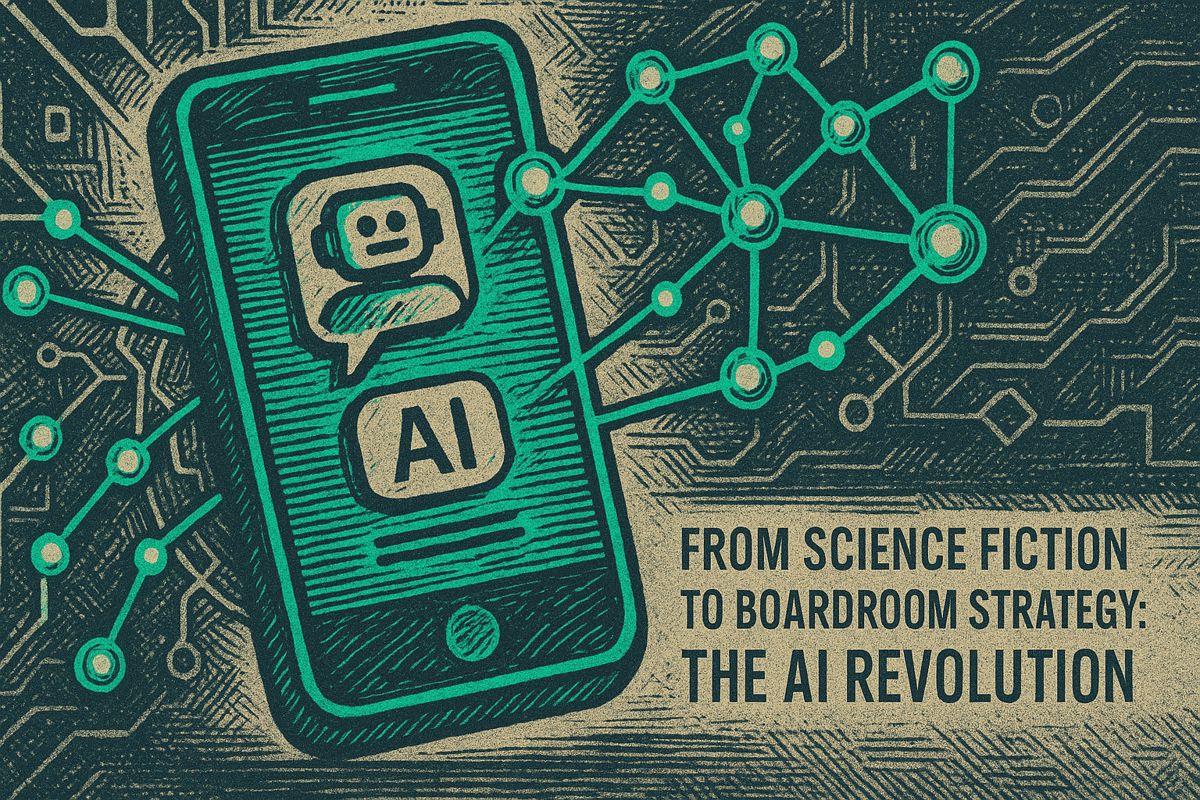NVIDIA Helix Parallelism is a super cool new trick for AI! It lets smart computer programs understand huge amounts of information, like millions of words, super fast. Imagine splitting busy roads into separate paths so cars never get stuck – that’s what Helix does for AI, making it way quicker. This means AI can help 32 times more people at once, making powerful AI tools much easier and cheaper to use for big jobs.
What is NVIDIA Helix Parallelism and how does it improve AI performance?
NVIDIA Helix Parallelism is a groundbreaking technique enabling AI models to process multi-million token contexts efficiently. By splitting attention mechanisms and feed-forward networks onto separate channels, it dramatically reduces bottlenecks like cache congestion and network gridlock. This innovation allows for up to 32 times more real-time users on Blackwell architecture, making large-context AI economically viable and significantly faster.
Remembering the Grind: From Lab Benches to Blackwell
Sometimes—just sometimes—I read about tech that yanks me straight back to my university days. The hum of a windowless lab, the glare of LCD monitors, and the glacial pace of code running on ancient CPUs. Lately, it was NVIDIA’s Helix Parallelism that set off this wave of nostalgia. Ever waited all night for a model to process? That sticky tension in your temples? Relief might be coming.
My memory flashes to my first consulting job at Deloitte. The team, bleary-eyed, guzzling vending machine coffee, spent entire weekends wrangling with Python scripts and network delays. We’d chase micro-optimizations until dawn. If only we’d had Helix back then; the difference would’ve been night and day (literally).
Not everyone notices the subtle grind of model throughput bottlenecks. But anybody who’s watched a legal AI tool choke on a 500,000-token contract, or felt the cold knot of dread as a context window slams shut, knows why this matters. Helix promises to turn a slog into a sprint.
How Helix Works: Parallelism Without the Pain
Let’s get our hands dirty (figuratively, unless you’re eating Cheetos while reading this). Helix Parallelism enables AI models to process multi-million token contexts, efficiently. Up to 32 times more users can be served in real-time—yes, thirty two. That’s not marketing fluff; it’s what NVIDIA clocked on their Blackwell architecture, and it’s making jaws drop across Stanford’s AI lab and beyond.
Most approaches force attention mechanisms and feed-forward networks to share a single lane, like rush hour traffic on the Brooklyn Bridge. Helix splits these operations onto separate channels. It’s as if you gave half the commuters their own subway, while the rest took the express bus—no one stuck behind a slowpoke, everyone moving. The result? Cache congestion and network gridlock, previously the bane of large-context models, are quietly sidestepped.
I have to admit, I once thought any significant leap in context size would be offset by nightmarish memory costs. Turns out, Helix’s tight coupling to Blackwell—a platform with NVLink bandwidth that practically sings—proves me wrong. Its FP4 compute mode is so thrifty, you might confuse it for a Scottish accountant.
Beyond the Bottleneck: Real-World Stakes
Why should anyone (besides us) care? Because Helix isn’t just a technical feat; it makes things possible that, until last week, sounded economically insane. Legal analysts can run full-corpus searches in LexisNexis databases without refilling their mug three times. Programmers working with GitHub Copilot competitors might finally watch their AI helpers digest sprawling codebases, not just isolated snippets. I can almost smell the burnt coffee of a late-night coding sprint—the change might even taste sweet.
Imagine RAG systems pulling from terabyte-sized datasets, delivering answers before you finish your sentence. No more context window asphyxiation, no more “please shorten your input” error messages. There’s a real thrill, almost a whoop, in watching an old constraint shatter.
I’ll admit, when I first heard the claims, I was skeptical. Too many press releases have promised the moon and delivered a soggy biscuit. But the numbers don’t lie, and neither do my colleagues’ envious Slack messages. There’s a subtle poetry in finally seeing machines mirror our own need for continuity and context. And if I ever have to watch another system choke on a 1.5 million-token prompt, well…I might just take up basket weaving instead. Or not.
Thirty-two times more users, millions of tokens, all real-time. Some would call that magic. Me? I’m just glad to see good engineering win for once.
- Dan

